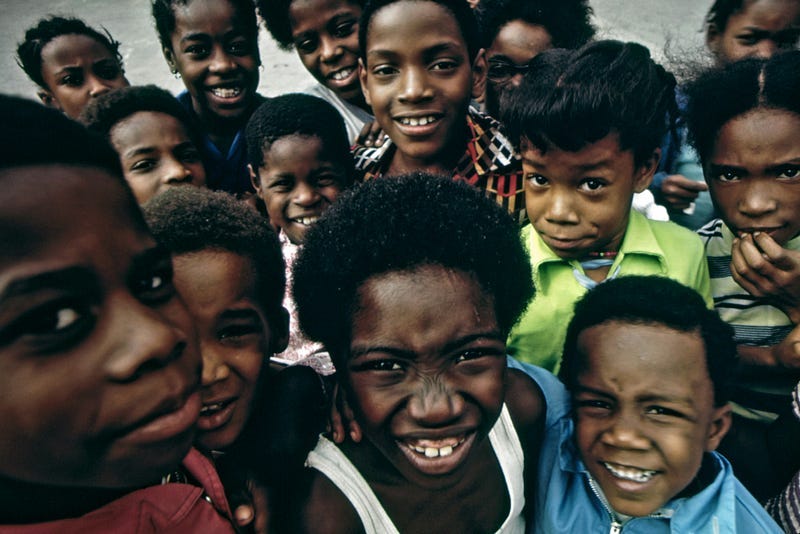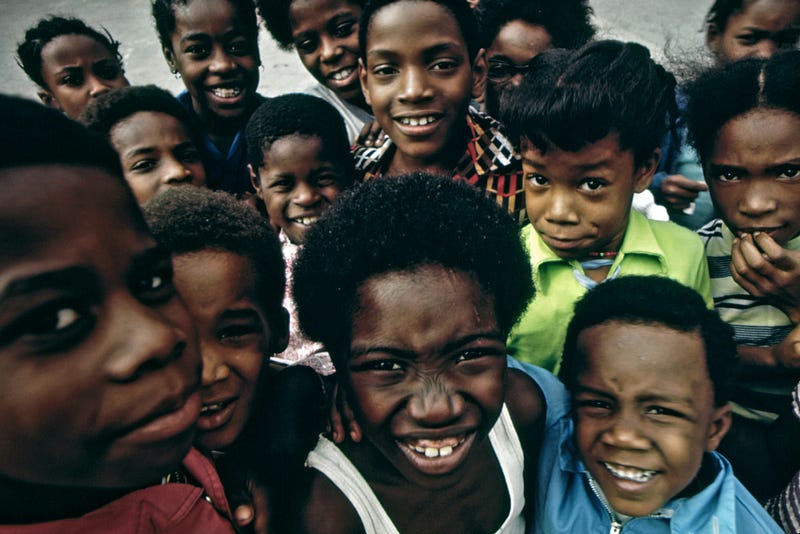Quianna Canada’s Statement on Chicago Board of Education’s Removal of Law Enforcement in Schools

Human Rights Defender Ms. Quianna Canada applauds the Chicago Board of Education’s decision to depart from policies that depend upon the presence of police officers in schools.
Ms. Canada has been an outspoken critic on the arbitrary practice of police officers handcuffing school children and has articulated why the practice violates international law. Ms. Canada has also reported on the aggressive treatment of special needs children in the United States schools. As a result, Ms. Canada has called on the nation to safeguard the well-being of children through the ratification of the UN Convention on the Rights of a Child and the UN Convention on the Rights of Persons with Disabilities.
This week, CBE allowed students, faculty members, and parents to express their views freely in regard to the presence of police officers within their halls of learning. The community was presented with a tough question, but after much deliberation, the community decided a police officer’s presence in proximity to a child’s learning is inessential to the academic development of the child.
“Education is of the upmost importance that prepares children for the responsibilities of life. It is a teacher of historical truths; the coach of reasoning and logic, and the mentor of peace that enhances a student’s spirit of understanding,” says Ms. Canada.
Ms. Canada also said, “Schools must not only feel like a child’s home away from home, but it must also feel like an institution of sanctuary, where the child feels safe — grounded in human dignity.”
Ms. Canada takes note that CBE’s departure from policies that depend upon the presence of police officers in schools does not fracture community relations with police. It is a decisive step that allows CBE to invest its resources in other programs that may potentially extend the safety and academic development of its student body.
Ms. Canada acknowledges that descendants of slaves were frequently deprived of opportunities for upward mobility. This includes, but is not limited to, access to quality education, adequate housing, fair treatment by law enforcement, and equal access to justice. The effects of this systemic oppression continue to manifest today, perpetuating cycles of poverty and inequality.
By deciding to shift financial resources away from policing in its schools, CBE is taking an appropriate measure to ensure that school discipline is administered in a manner consistent with the child’s human dignity, and in conformity with international child law, such as the Convention on the Rights of the Child. While one school represents progress, further action is necessary to achieve comprehensive change.





